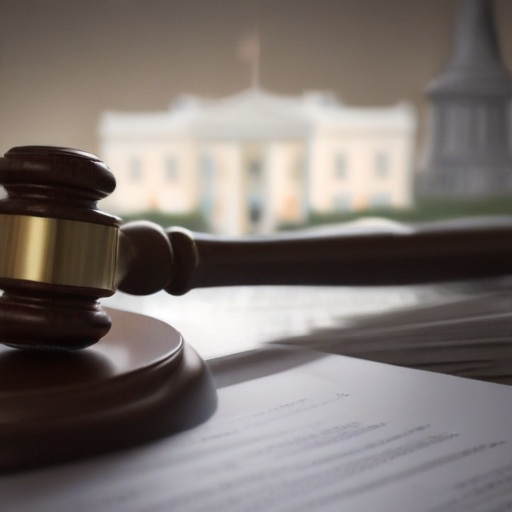President Donald Trump has swiftly taken action on his extensive agenda following his inauguration, the second of his presidency. Hours after taking the oath of office, Trump began signing a series of executive orders at the U.S. Capitol, flanked by bipartisan members of Congress. Among the initial declarations was a proclamation to have U.S. flags flown at full staff on Inauguration Day.
As Trump continued to sign orders at a rally and later at the White House, his actions spanned various sectors including immigration, health, climate policy, and public safety. Noteworthy among these was a reversal of several immigration policies established during Joe Biden’s presidency. This move reinstates a broad approach to deportation priorities and included a declaration of a national emergency at the U.S.-Mexico border, alongside plans to send U.S. troops to assist immigration agents.
Trump’s approach to the Capitol riot has been particularly significant; he announced his intention to pardon approximately 1,500 individuals charged following the January 6, 2021, events, which has raised concerns about accountability in what was described by many as a critical moment in American democracy.
On the health front, Trump has initiated a process to withdraw from the World Health Organization, which could potentially impact global efforts to combat infectious diseases. He also announced the withdrawal from the Paris Climate Agreement, reversing decades of international cooperation aimed at climate change mitigation.
In terms of social media, Trump temporarily allowed TikTok to continue operating for an extended period while its parent company seeks a U.S. buyer, citing its positive influence on his electoral campaign.
Additionally, he plans to declare an energy emergency, signaling a return to fossil fuel extraction practices, and has proposed changes to federal norms surrounding gender and diversity initiatives, including halting federal programs focused on diversity.
While these moves have been met with fierce criticism from various groups, they also resonate with Trump’s core supporters who believe in a return to more traditional policies and governance.
In a continuation of previous controversies, Trump has also taken steps to change place names like Denali back to Mount McKinley and seeks to rename the Gulf of Mexico into the Gulf of America, stirring local sentiments.
As President Trump pursues these initiatives, the broader implications for public policy, international relations, and social issues remain to be seen. Supporters view this as a fulfilling of campaign promises, while opponents will likely challenge many of these moves in courts or through legislative measures. The current political landscape assures that discussions around these resolutions will be ongoing and contentious.
In summary, Trump’s early actions reflect a commitment to enforcing his political vision, resonating strongly with his base while raising significant concerns among critics about their long-term ramifications on civil rights, public health, and international cooperation.
The hope is that these actions lead to a constructive dialogue moving forward, as the country navigates contentious issues that affect the fabric of American society.
